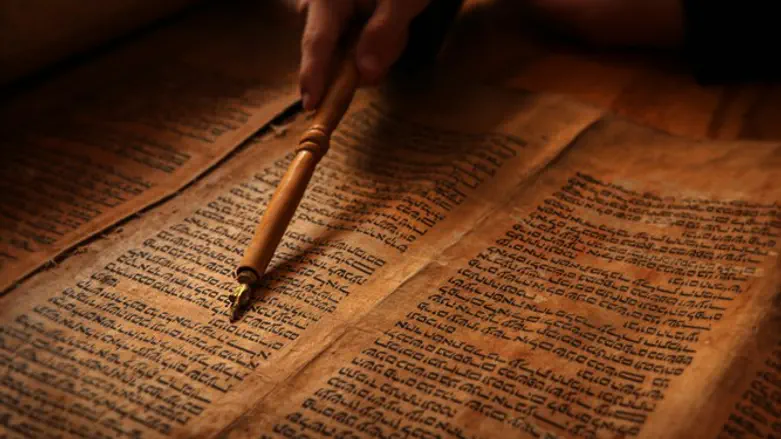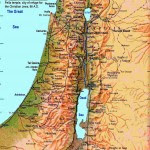
In Jewish tradition Abraham is Avinu, Our Father. Moses is Rabbenu, Our Teacher.
Why can’t we exchange the two titles and call Avraham the teacher and Moshe the father?
Because each has his own role in history.
Recalling Rav Soloveitchik’s distinction between the covenant of fate and the covenant of faith, Avraham represents our fate, our history, our destiny as a people, whilst Moshe represents faith, ideology, ideas – a system of observances and halachah.
It would be much easier if we could identify ourselves as Jews by saying simply that the Jews are an ethnicity or merely a religious denomination, but that wouldn’t be true to the facts.
You can’t call us an ethnicity without a religious dimension, nor can you say we are merely a religious denomination without peoplehood. We are an intimate fusion of the two, to use Eugene Borowitz’s term.
There are some who prioritise the ethnicity, and their logo (as it were) is to be the family of fate symbolised by Avraham; there are some who prioritise the religious aspect symbolised by the faith of Moshe.
We are a unique combination, not Avraham without Moshe or Moshe without Avraham.

The portion begins (Gen. 12:1) with the call to Avraham to take himself to the land God will show him. The details are not spelled out, but everything in the story confirms that it is Eretz Yisra’el that God has in mind.
It is characteristic of Avraham that here and in the Akedah he unhesitatingly obeys when God gives him an extraordinary call. In both places he responds without being informed of the exact address to which he is going. It is enough that God calls him.
The rabbis point out that there are four Biblical figures who receive a remarkable demand – Avraham, Ya’akov, Moshe and Sh’mu’el – and in each case God shows His unbounded love of the individual by doubling his name.
In Avraham’s case the call is to go on Aliyah and find unique inspiration in the Promised Land.
These days there are people who make Aliyah and then leave because they can’t quite find what they want in Israel, but there is a remarkable statistic that with all the difficulties, people in Israel are amongst the happiest on earth.
BEHIND THE NAMES
Why was Abraham's first son, born to Sarah's handmaid Hagar, called Yishma'el?
The name means "God hears"; according to Gen. 16:11, God heard Hagar's suffering.
Of course one might ask why the name is "God hears", not "God sees". This is the question asked by Radak, Rabbi David Kimchi, who explains that what God perceived was not silent affliction but heartfelt prayer or crying.
Why was Abraham's second son, born to Sarah, called Yitzchak, "laughter"?
Because Abraham and Sarah were so old that they could not believe they were going to have a child and all they could do was to laugh: hence the name Yitzchak (Gen. 17:17).
The Targum Onkelos however indicates that the Hebrew verb can have more than one meaning. In Abraham's case it meant that he laughed out of sheer joy; with regard to Sarah, she sneered out of lack of faith that God could possibly fulfil a prophecy about an old woman giving birth.
What we learn from this episode is that one and the same moment can be interpreted quite differently, even by people who are as close and loving as Abraham and Sarah.
